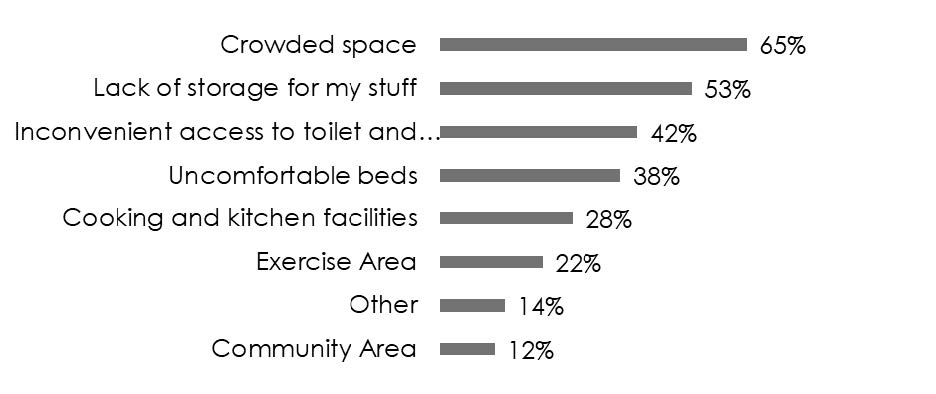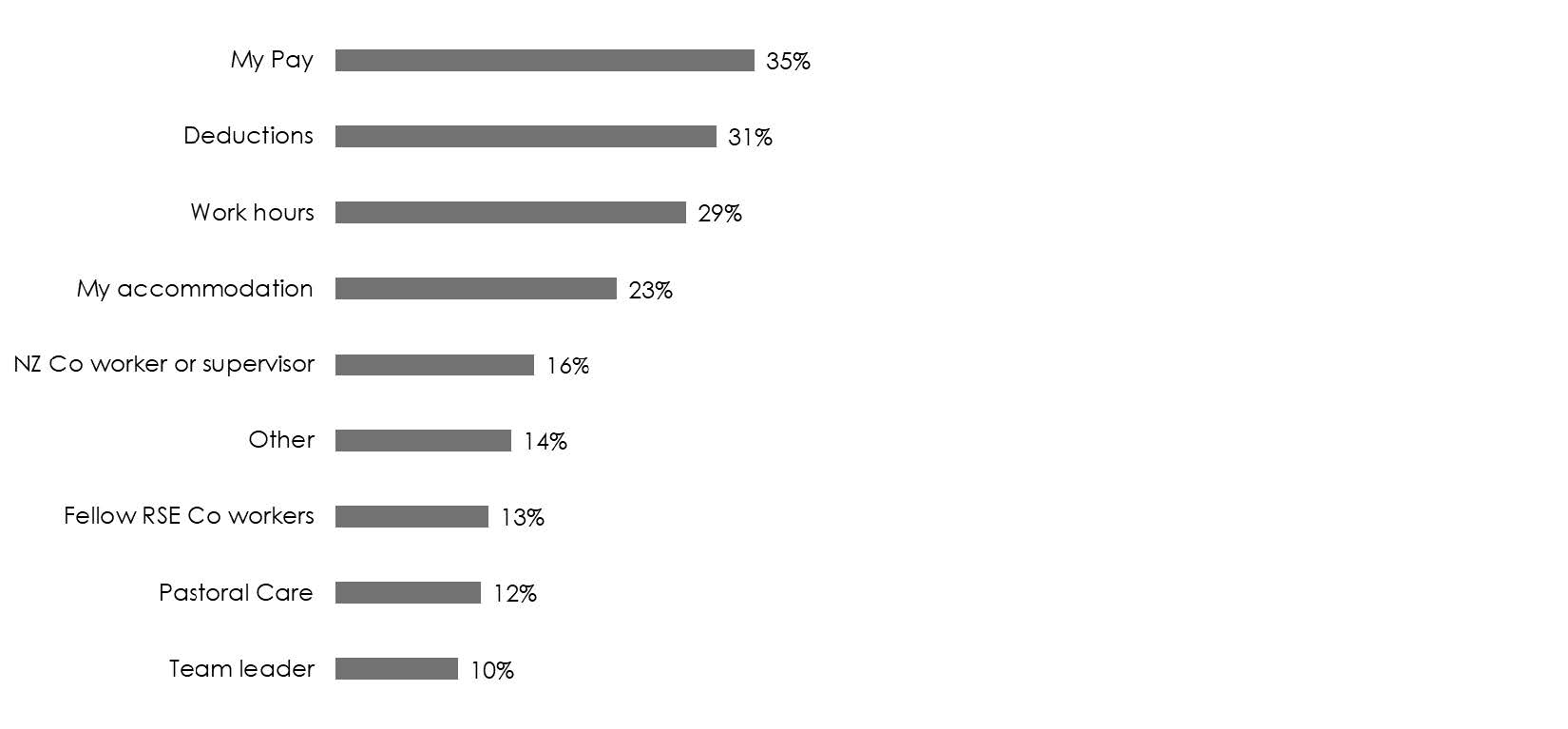Consultation with RSE workers
During the policy review process, input on the RSE scheme was sought from RSE workers via a survey and in-person group consultation sessions. Input from a series of prior consultation sessions on the development of the Ola Manuia Pacific RSE Health and Wellbeing Framework was also used to support the recommendations of the policy review.
On this page
Ola Manuia Pacific RSE Health and Wellbeing Framework
During the COVID-19 pandemic, a range of pastoral care issues were highlighted that identified more needed to be done for Pacific workers so that they do not become vulnerable to exploitation. It also identified a lack of cultural knowledge by RSE employers in understanding and dealing with RSE workers from an employment and cultural perspective. Community and government agencies grappled with the question regarding whose role it is to lead the health and wellbeing of RSE workers. These factors have led to consideration of how to address the pastoral care of Pacific RSE workers more consistently, with a greater focus on health and wellbeing.
Ola Manuia, a Pacific Health and Wellbeing Framework for RSE workers, was developed through several workshops with RSE workers over 2021 and 2022. The cultural framework sought to embody health and wellbeing of the RSE worker, as defined by the RSE worker. As well as RSE workers, stakeholders including New Zealand’s Pacific communities, churches, health providers, RSE employers, local government, local iwi and other government agencies were consulted in development of this framework. Insights from these workshops were analysed and incorporated into the RSE policy review as it progressed over 2023.
RSE worker survey
The survey showed generally high levels of satisfaction among RSE workers, with areas of concern being accommodation, raising concerns at work and time off
2,443 respondents participated in the RSE worker survey. Questions were translated into 4 different languages – Bislama (Ni-Vanuatu), Samoan, Tongan and Fijian and they were also available in English. Participants were assured that their answers were confidential, and that honesty was encouraged. Around half the responses were from Hawke’s Bay, with Bay of Plenty and Nelson/Tasman the next largest with approximately 25% of responses each. The 2,443 who participated are significantly less than the total number of RSE workers in-country over the period the survey was conducted (24 April to 15 May).
On 12 April 13,581 RSE workers were onshore, however, just under 5,000 were to depart from that date, on 12 May 11,800 were onshore as further workers arrived.
The overall response of the workers regarding the RSE scheme work life was positive. The vast majority (more than 95%) were positive on issues around pay, treatment at work, health and safety, recruitment and employment. 94% stated that they were happy with their accommodation.
Treatment at work

Those that had concerns with their accommodation (6% of respondents), were principally concerned with crowding and lack of storage.
Text description of treatment at work graph
Accommodation – Areas of concern among the 6% who were dissatisfied

The areas with least satisfaction were holidays and rest (91%) and raising concerns over their employment (93%). There were 9% of respondents who had not received a pre-departure briefing, and 8% of respondent’s experience did not match their expectations.
Text description of accommodation – areas of concern graph
Holidays, rest and hours of work – Levels of satisfaction

Text description of holidays, rest and hours of work - levels of satisfaction graph
Complaints raised with the employer

6% of respondents had raised issues with their employer. When complaints were raised with the employer, they were about the following.
Team leaders were critical for raising concerns (73% would go to the team leader first), and in answering questions about their work and rights in New Zealand (45% would go to the team leader first) and as the preferred way of communicating about RSE (65%).
Over 70% communicated with home every day, and 99% at least once a week.
Text description of raising issues graph

